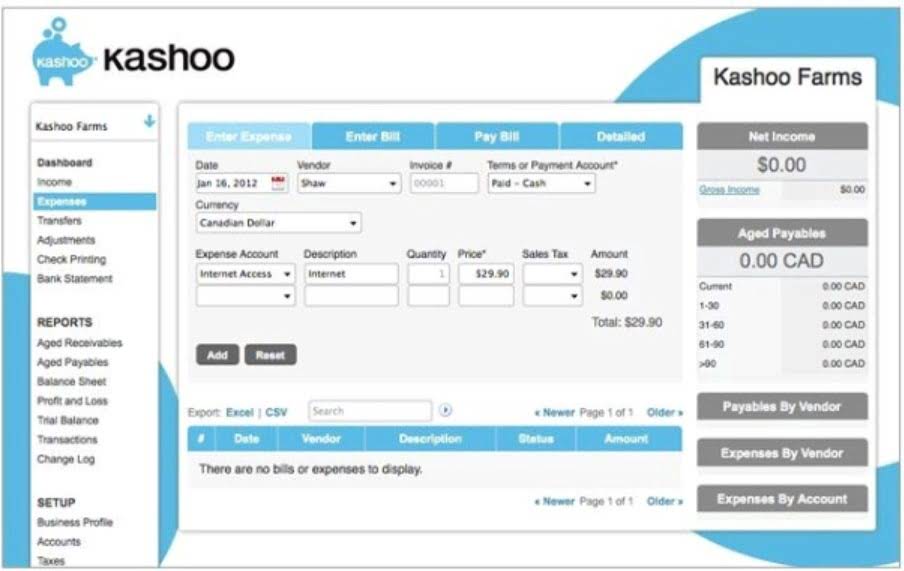
Did you know that FreshBooks offers time-saving bookkeeping software tailored to the needs of small business owners? If you want to simplify your business, peek at our bookkeeping solutions and learn real estate investor bookkeeping how to generate net cash flow reports on the fly and prepare for tax season in a snap. The way it’s done can differ due to the nature of their roles and the types of transactions they engage in.

Features to look for in a great tool for real estate investors
- Customization, real-time data access, and seamless integration are key features of these tools.
- It’s a critical aspect of successful real estate accounting that supports growth and sustainability.
- Advanced software solutions streamline this process, ensuring accuracy.
- Stakeholder confidence is essential for the growth and sustainability of a real estate business.
As you gain more properties, you may even consider hiring a real estate accountant. The key to mastering real estate business accounting is knowing that every dollar that flows in or out of your business must be categorized and tracked. When you first start, the most important habit is to track and categorize everything, even if it’s through a simple spreadsheet. This builds a firm foundation to expand upon when you choose to get more advanced. As your business grows, you may consider real estate accounting software. Dividing up hundreds (or thousands) of transactions into separate properties takes some additional work.
Real estate revenue guide
Training sessions can ensure that all team members understand their importance and implications. Moreover, clear protocols ensure consistent and accurate reconciliations. Stakeholders rely on reconciled data for trust and decision-making. Furthermore, regular reconciliations provide a foundation for other accounting activities, like audits and financial reporting. If you are using accounting software, this can be as easy as clicking a button. You can run the income statement/profit-loss statement, and it will show all the income and all the expenses for that property.
- You’ll always have the human support you need, and a mobile friendly platform to access your up-to-date financials.
- Ultimately, financial journals ensure that businesses remain at the forefront of the industry.
- Properties often have multiple revenue streams, from rentals to parking fees.
- They cater to the unique needs of property management, ensuring accuracy and efficiency.
- That gives it similar pros and cons to QuickBooks, such as the fact that it has none of the valuable property management features we touched on earlier.
- Advanced software solutions offer these advanced reporting features.
Benefits of Specialized Real Estate Accounting Systems

The purpose of this separation is not only practical, but it can also help you avoid legal trouble when tax season comes around. While business expenses can count towards deductions and other tax benefits, you run the risk of mixing in personal costs if these two areas are not kept separately. You should commit just 30 minutes a day to reading or watching something about finance.
It’s wise to create a separate business account so you can keep track of every transaction. You can then connect to your personal account or transfer funds between accounts on a pre-scheduled basis. In general, most individuals and many small businesses use the cash method of accounting, according to IRS Publication 538. If you were questioning if real estate professionals really need a bookkeeper, sure enough, the answer at this point would be a “yes!

Analyzing a REIT requires investors to understand the accounting distortions caused by depreciation and pay careful attention to macroeconomic influences. Your books should match perfectly with what your bank account shows for that https://www.bookstime.com/articles/closing-entries property. The purpose of bank reconciliation is to double check everything to make sure your books are accurate. Sometimes banks or businesses make mistakes, and you’ll be charged for things you were not supposed to be charged for.
- Tax planning and strategies ensure that tax liabilities are minimized.
- Categorize income sources such as rental income, property sales, or commission fees.
- But there are some big differences due to the accounting treatment of property.
- Modern software automates this process, ensuring accuracy and efficiency.
- Real estate accounting is not just for accountants; it’s a crucial tool for a diverse range of stakeholders.
Real estate accounting refers to the monthly and yearly financial tasks a business owner must perform to keep their operations running smoothly. More specifically, real estate accounting deals with the potential revenue generated by properties and matters of taxation, including crucial real estate agent tax deductions. The real estate industry is subject to a myriad of regulations and tax laws that can be complex and ever-changing. Maintaining proper bookkeeping ensures compliance with these regulations, reducing the risk of penalties, audits, and legal complications. Accurate and well-documented financial records facilitate tax filings, enable proper deductions, and provide the necessary documentation to support your compliance efforts. A good real estate bookkeeping system makes opportunities like these easier to see.
Ensuring Successful Real Estate Accounting
From a top-down perspective, REITs can be affected by anything that impacts the supply of, and demand for, property. Population and job growth tend to be favorable for all REIT types. When picking stocks, you sometimes hear of top-down vs. bottom-up analysis. Top-down starts with an economic perspective and bets on themes or sectors (for example, an aging demographic may favor drug companies). REIT stocks clearly require both top-down and bottom-up analysis.
